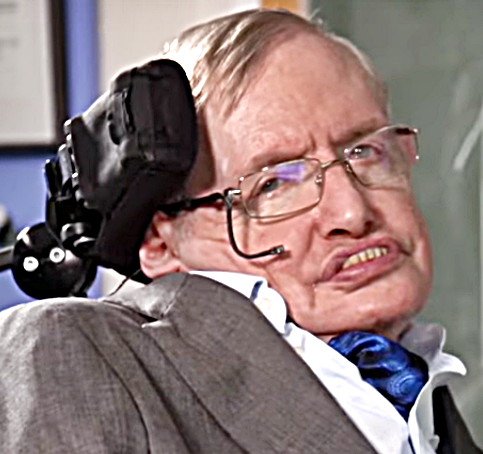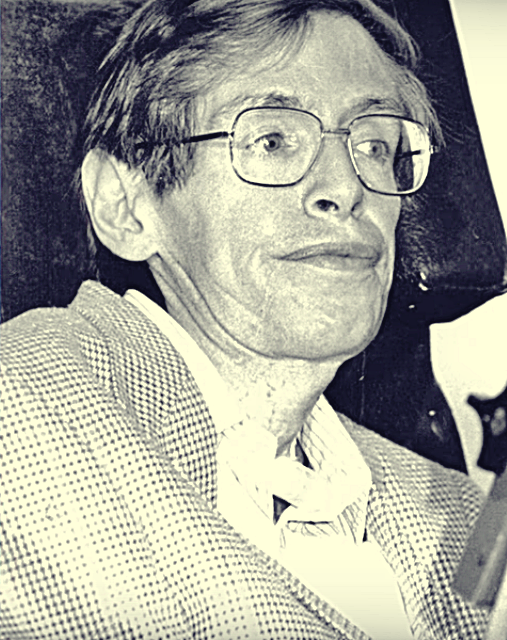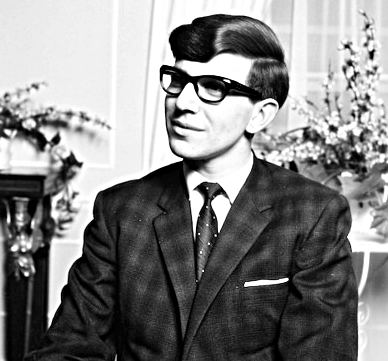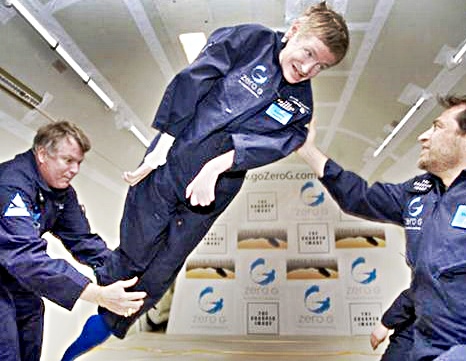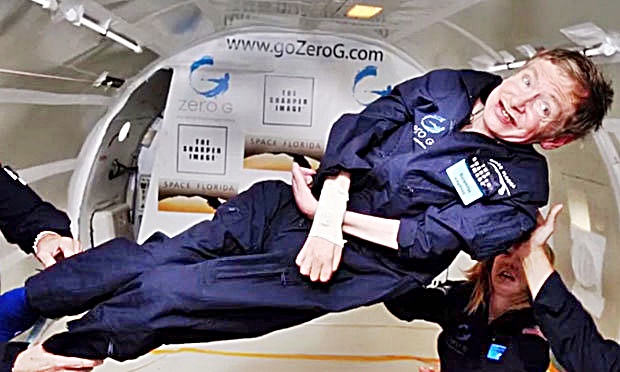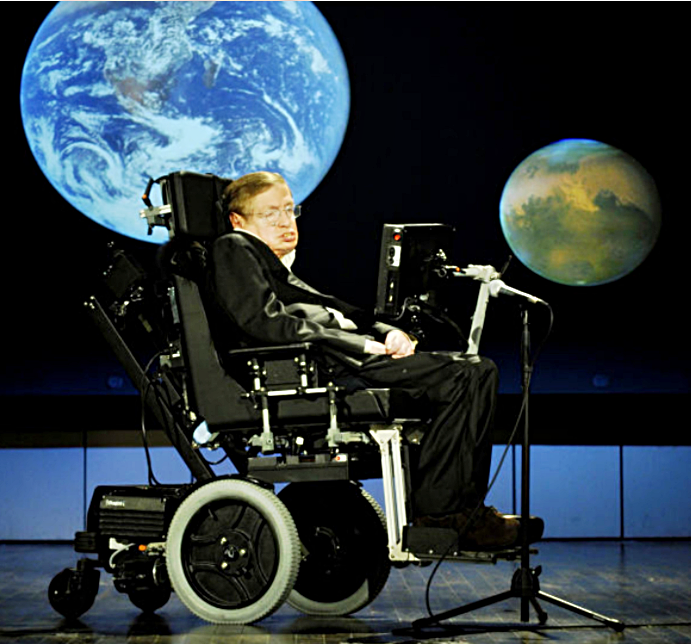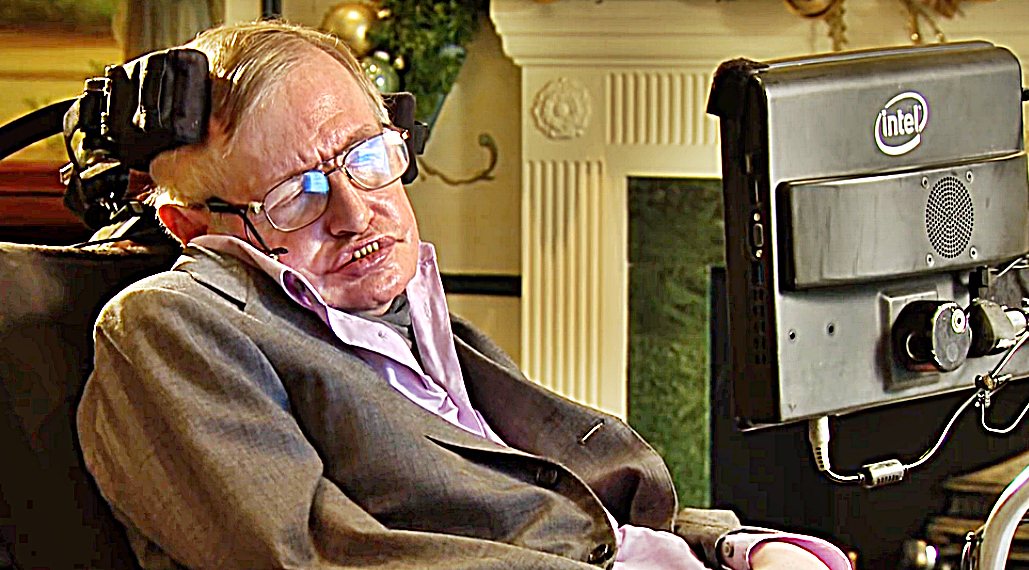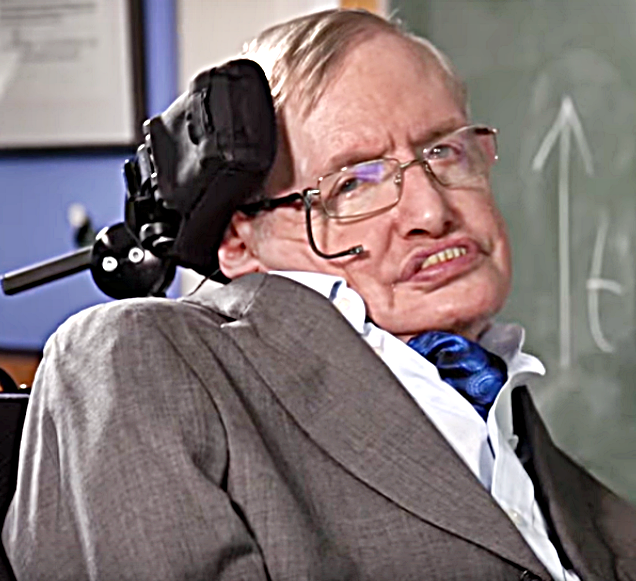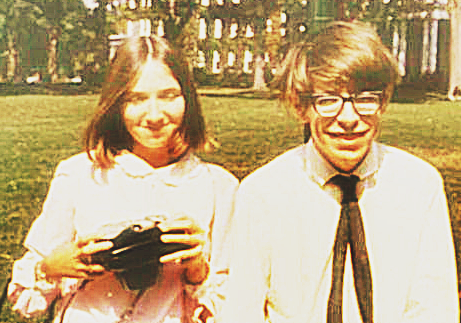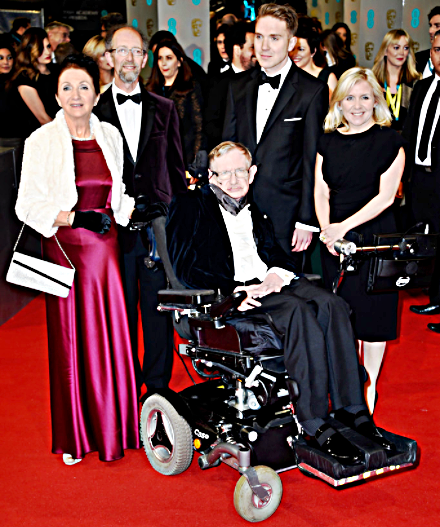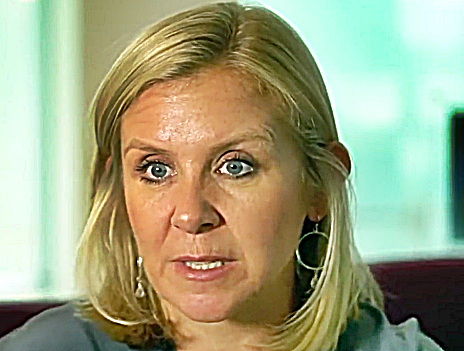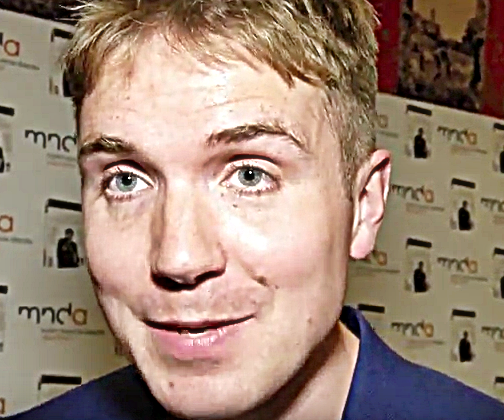Hawking received Honorary fellowship from the Royal Society of Arts and was named a lifelong member of Pontifical Academy of Science. He was also honoured with a Presidential Medal of Freedom and in 2002 was placed at Number 25 on BBC’s 100 Greatest Britons. Hawkins served at University of Cambridge as a Lucasian Professor of Mathematics and is also a successful author.
Table of Contents
Early Life and Education
Hawking was born in Oxford, England on 8 January 1942 as the eldest child of Isobel Walker and Frank Hawking, both of whom came from modest backgrounds but were highly educated. Both of his parents studied at the University of Oxford where his mother studied politics, economics and philosophy his father studied medicine. His younger siblings include sisters Phillipa, Mary and adopted brother Edward. The Hawkings were regarded as intellectual but eccentric in England
Hawking first attended Byron House School in Highgate, London where he was unhappy so his parents moved him to St. Albans High School for Girls where younger boys could attend. He later studied at Radlett School, Hertfordshire and St. Albans, Hertfordshire where he was nicknamed “Einstein”. During his undergraduate years, Hawking attended his parents’ alma-mater, University College, Oxford earning a BA (Hons.) degree in natural science and later moved to Trinity Hall, Cambridge from where, in 1966, he earned his PhD degree in the field of applied mathematics and theoretical physics, with a specialization in general relativity and cosmology.
Career Rise
In 1968, Hawking became an Institute of Astronomy, Cambridge member and became fascinated by cosmologist, Roger Penrose’s black hole theory and the creation of the universe and by 1970 proposed the theory of the four laws of the black hole mechanics. He came up with ‘Hawking radiation’ after visiting Moscow in 1973 and in 1974 was named a Royal Society Fellow. By 1975, Hawking had earned celebrity stature, appearing in Print and TV interviews won the Pius XI Gold Medal, the Eddington Medal, the Maxwell Prize and Dannie Heineman Prize. Hawkings wa appointed gravitational physics professor in 1977 and won the Albert Einstein Medal. He was also named a University of Oxford, honorary doctorate. Although he started losing his speech, he was made Lucasian Professor of Mathematics at Cambridge University in 1979. In 1982, along Hawking and Jim Hartle published the ‘Hartle-Hawking state’ model with their theory on the Big Bang.
Hawking lost his voice in 1985 and his condition inspired a a Californian computer programmer to invent a unique speaking program which could be directed by the head or eye movement. By 1988, Hawking gained international recognition with his best-seller ‘A Brief History of Time’. He then went on to author several books and articles on Euclidean quantum gravity and black holes including the television series ‘Stephen Hawking’s Universe’, ‘Stephen Hawking: Profile’, ‘Hawking’, ‘Stephen Hawking, Master of the Universe’ etc.
Stephen Hawking- Disease
He suffers from ALS (amyotrophic lateral sclerosis) or Lou Gehrig’s disease, a form of slow progressing motor neurone disease that paralyzed him gradually over the years. He experienced the condition for the first time in his final year at Oxford, when he began walking erratically, followed by a fall along stairs and difficulty while using his hands to work. The condition began deteriorating with time, leading to slurred speech. The condition was diagnosed as ALS in 1963, when Hawking was 21. The doctors gave him only two additional years to live.
Hawking however, continued to live, even though his physical abilities declined and he lost the ability to write. But he began to adopt another way of learning and teaching, as he developed visual methods of comprehension, which including seeing mathematical equations with his brain and solving them. His achievements became so profound that he was equated as the ‘Mozart of science and maths’, what with an entire symphony of equations working in his brain. Hawking refused to be a sympathizing symbol of his disabilities and was relentlessly independent in every manner.
Stephen Hawking – Wife and Children
While at Cambridge, Hawking started dating Jane Wilde, before he was diagnosed of motor neuron disease. The couple got engaged in October 1964 and married in July 1965. Together, they have three children, two sons Robert and Timothy and a daughter named Lucy. The family moved to Pasadena, California in 1974 where they hired post-doctoral students to live with them to facilitate his care. At one point in time, Hawking entered a relationship with nurse Elaine Mason while Wilde started dating organist Jonathan Hellyer Jones.
The couple divorced and Hawking married Mason in 1995. Hawking’s marriage to Mason drew speculation that he was being abused by the latter and although Hawking never spoke about it, he divorced Mason in 2006. Wilde and Hawking rebuilt their relationship and a film on their life, ‘The Theory of Everything’ released in 2014
Stephen Hawking – Net Worth
Hawking has an estimated net worth of approximately $20 Million.
